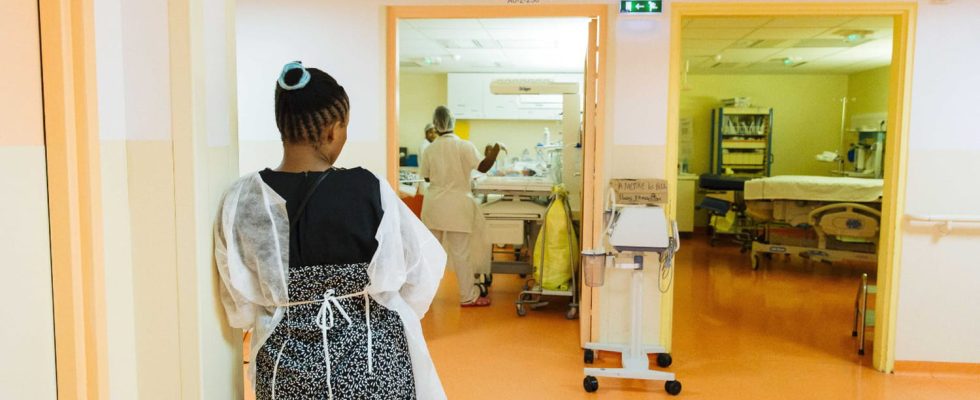Three new “native” cases were identified on the island of Mayotte, bringing the number of infected people to 13. However, the health authorities want to be reassuring and indicate that there is currently no risk of an epidemic.
Three new cases of “indigenous” cholera have been identified on the island of Mayotte, the Regional Health Agency (ARS) announced on Friday April 26. These new cases are in addition to ten others, recorded since mid-March among migrants coming in particular from the Comoros. These are the first to result from internal contamination in the overseas department located in the heart of the Indian Ocean, indicated Olivier Brahic, the director general of the ARS during a conference of press, which specifies that the latter were “identified in the commune of Koungou”.
In order to understand how these contaminations could have occurred, Olivier Brahic suggested that the patients could have been in contact with a “sick person (who) did not present themselves to the Samu”. For the moment, the three patients concerned are a man, a woman and a baby. All three from separate households, they were hospitalized and are currently in good health, reports Mayotte The 1st.
A strict procedure put in place
In order to avoid any risk of epidemic within the island, a strict procedure has been put in place in the event of cholera contamination. “As soon as the results come in, the person is taken to the cholera unit in the emergency room of the CHM,” explained the director of the ARS. On the ground, the Health Agency’s teams are on war footing, ready to intervene seven days a week, with in particular several trucks “ready to identify contact cases, put them on antibiotics and vaccinate them”, added added Olivier Brahic. A strike operation is also organized with a view to vaccinating the entire population to guarantee collective immunity.
These three new cases, which are added to the previous ones, nevertheless raise doubts about a future increase in cases. To avoid the worst, and thus “not find ourselves back against the wall”, 20 doctors and nurses will soon arrive in Mayotte to reinforce the teams already there. The CHM cholera unit will increase from 8 to 14 places, while tents and modules have been sent to deploy treatment centers in the event that the hospital’s capacities are exceeded. 2,600 new doses of vaccine, bringing the available stock to 4,600, will also be sent to the site. “We vaccinate and we treat, so we can estimate that it does not spread more than that” clarified the prefect François-Xavier Bieuville who adds that “there is no epidemic nature at the moment”.
